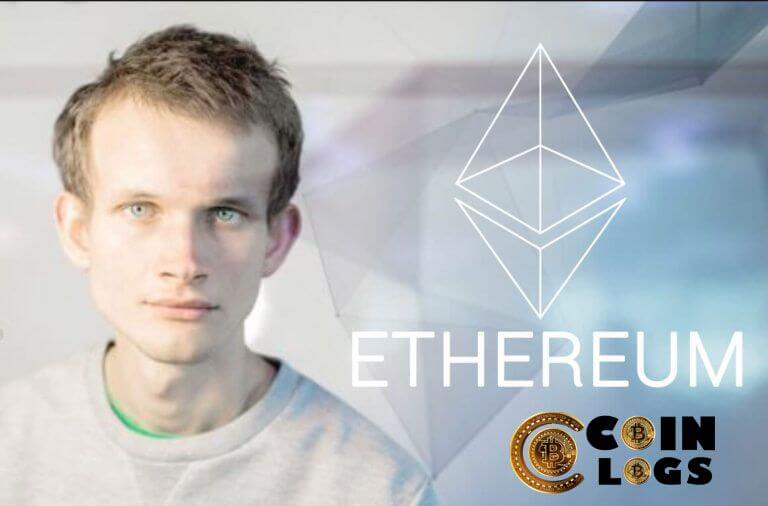
Not known for keeping his ideas to himself, Ethereum blockchain project founder Vitalik Buterin mused about increasing user fees on March 8th. His tweet thread went through how it would work and why it was an important evolution of the Ethereum network.
The goal of this change would be to support developers by giving them a source of consistent and sustainable funding. Each transaction requires Gas fees (gwei) to compensate for the computational energy it takes to process and validate transactions on the blockchain. Vitalik’s suggestion started this way:
“I propose we consider supporting a community norm that client/wallet devs can/should charge a 1 gwei/gas fee for txs sent through their wallet, we don’t try to circumvent such fees, and we support protocol changes to make such fees easier (eg. abstraction enabling multisends)”
Effects of Gas Increase
The fee increase only represents a 7% change, but would put $2 million in the pockets of wallet developers without it being “institutionally-biased”. Additionally, it would be market-based funding for client/wallet developers, ideally creating a situation where the best Ethereum wallets get the most funding.
Buterin further went on to elaborate that it made more sense to have it set up as a flat fee rather than percentage fee, because otherwise there would be a counterintuitive incentive to not optimize gas fees. And by having the fee be so small, it would be unlikely anyone would have the incentive to create a pirated version of any wallet/client.
The additional motive for staying with the authentic wallets is that you already have a high degree of trust they won’t steal your money. On the other hand, this trust has not been earned by any pirated wallet and you wouldn’t necessarily want to keep all your money with them.
An Open Discussion
This was merely a suggestion of a new “norm” he hopes for the network to adapt, but it seems fairly logical and not as controversial as it may first sound when you hear the founder wants to raise wallet fees.
One commenter, Ken Hodler, pointed out that a Bitcoin wallet, MultiBit, had tried this in the past and people were not willing to pay for something that was previously free. When people started to move away from the wallet, the fee was removed, yet development and support still had to stop without any solid means of paying for it.
Vitalik treats the Ethereum network as his baby and generally does a strong job of defending the plans and strategies he puts forward. For example, when Tuur Demeester, the founder of Adamant Capital, put forward a long tweet thread detailing his critiques of Ethereum (everything from proof-of-stake to sharding), Buterin was willing to take to Reddit and post a long thread countering every single point made in the initial thread.
The Bigger Picture
Bitcoin’s limited functionality is what caused Vitalik to start Ethereum in the first place. Although really good at one single thing, Bitcoin lacks the versatility to do more. Ethereum is seen as the next generation in this evolution, and is meant to have a smartphone’s functionality rather than a graphing calculator (Bitcoin).
Ethereum scaling has been a topic of constant debate in the last few years, and with two recent updates having just been implemented (St. Petersburg and Constantinople) it really does seem like the network is moving forward. What makes this world so interesting is the degree to which everyone can vocalize their criticisms and have them addressed. You wouldn’t be able to do this in a Fortune 500 company, but the meritocratic nature of social media and Vitalik’s openness for discussion makes for illuminating discussion.

